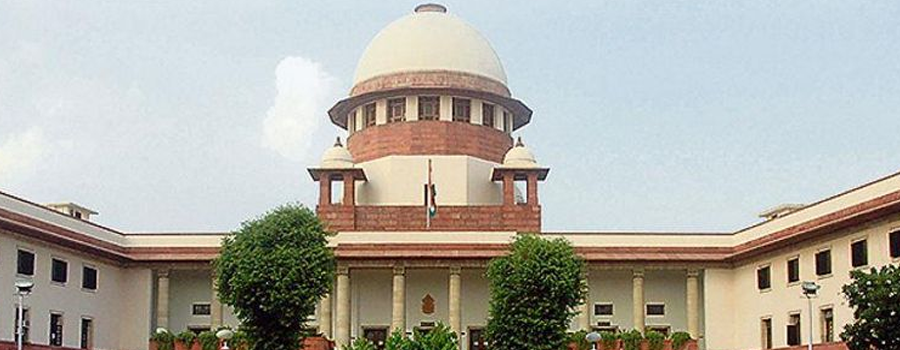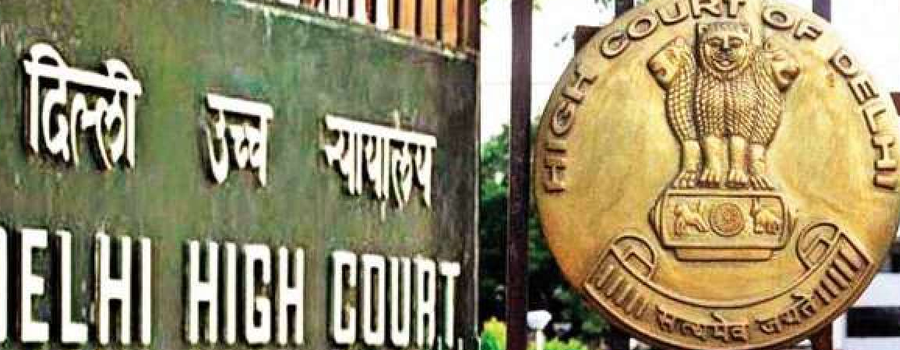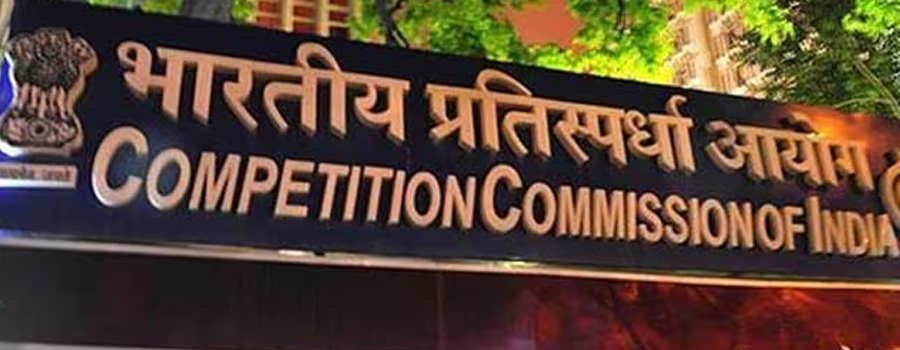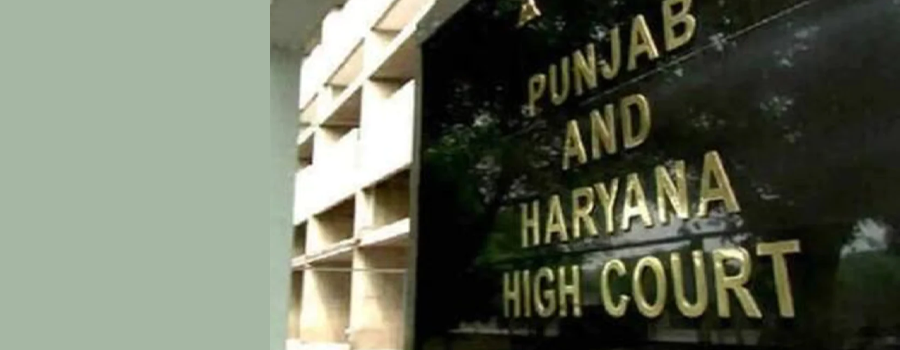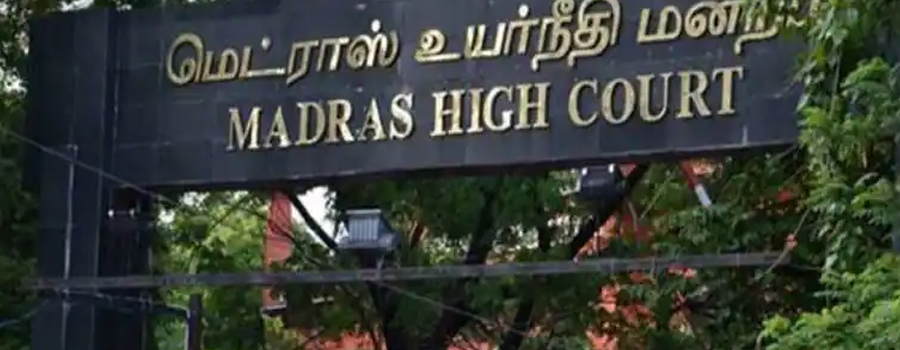
The Karnataka High Court (Karnataka HC), dismissing a writ for release of funds received from a foreign charity, has held that obtaining a permanent registration under the Foreign Contribution Regulation Act, 2010 does not create a right in favour of the registration holder to get the amounts credited to the designated bank account and it is always subject to the clearance by the Ministry of Home Affairs (MHA). The Karnataka HC noted that the MHA had earlier instructed the bank not to credit the amount received from the particular donor without a clearance from it and therefore, the Petitioner is not entitled to funds.



